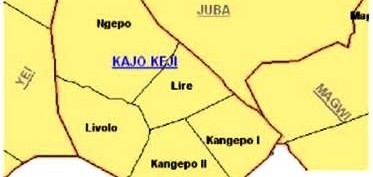The World Health Organization (WHO) has reported confirmed cases of yellow fever in South Sudan’s Central Equatoria State.
Yellow fever is an acute viral haemorrhagic disease transmitted by infected mosquitoes and has the potential to spread rapidly and cause serious public health impact.
The UN agency said in a statement on Friday that two cases were identified in Kajo-Keji, a region bordering Uganda, where an outbreak of the viral hemorrhagic disease was detected early this year.
WHO warned that the risk of ongoing and further transmission of yellow fever is a concern in South Sudan due to spontaneous return of displaced persons from Uganda.
It said epidemic spread of yellow fever is a risk in South Sudan as the estimated overall population immunity is negligible with nearly 0 per cent immunity in Kajo Keji.
WHO underscored that close monitoring of the situation with active cross-border coordination and information sharing is needed.
According to the statement, the Ministry of Health of South Sudan, with support from the WHO, planned to launch a reactive vaccination campaign in the affected region, and proposed implementation of preventive mass vaccination campaigns by 2022.
South Sudan has experienced several yellow fever outbreaks in the past few years.
The country’s worst yellow fever outbreak occurred in May 2003, when a total of 178 cases with 27 deaths were reported in the Imatong region.




